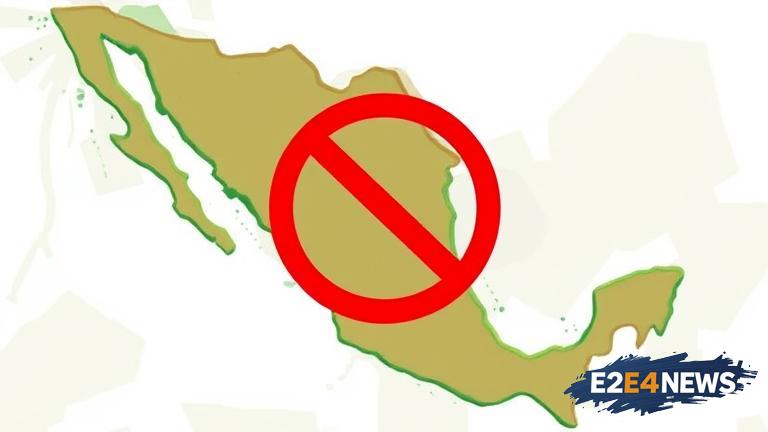The Mexican avocado industry has made a significant commitment to sustainability, pledging to achieve zero deforestation by 2030. This move is part of a broader effort to promote environmentally friendly practices and reduce the industry’s carbon footprint. The commitment was made by the Mexican Avocado Board, which represents the country’s avocado producers, packers, and exporters. The industry has been working to implement sustainable practices, such as reforestation and conservation, to minimize its impact on the environment. Mexico is the world’s largest producer of avocados, accounting for over 40% of global production. The country’s avocado industry is worth billions of dollars and provides employment for thousands of people. However, the industry’s rapid growth has also led to concerns about deforestation and habitat destruction. The zero-deforestation pledge is a major step forward for the industry, which has faced criticism in the past for its environmental impact. The commitment is also seen as a positive move for the environment, as avocados are a water-intensive crop and their production can have significant effects on local ecosystems. The Mexican government has also welcomed the industry’s commitment, seeing it as a key step towards promoting sustainable agriculture practices. The zero-deforestation pledge is part of a broader effort to promote sustainable development in Mexico, which has set ambitious targets to reduce its greenhouse gas emissions and protect its natural resources. The avocado industry’s commitment is also seen as a model for other agricultural sectors in Mexico, which are also facing pressure to adopt more sustainable practices. The industry has pledged to work with local communities, NGOs, and government agencies to implement sustainable practices and monitor progress towards its zero-deforestation goal. This will involve implementing measures such as reforestation, conservation, and sustainable land-use planning. The industry has also committed to promoting sustainable agriculture practices, such as organic farming and permaculture, which can help to reduce the environmental impact of avocado production. Additionally, the industry will work to reduce waste and promote recycling, as well as implement efficient water-use practices. The zero-deforestation pledge has been welcomed by environmental groups, which see it as a major step forward for the industry. However, some critics have raised concerns about the industry’s ability to meet its commitment, given the complexity of the issue and the need for significant changes to production practices. Despite these challenges, the industry is confident that it can meet its zero-deforestation goal, and is working to develop a roadmap for implementation. The commitment is also seen as a positive move for consumers, who are increasingly demanding sustainable and environmentally friendly products. The avocado industry’s pledge is part of a broader trend towards sustainability in the food industry, with many companies and producers committing to reduce their environmental impact. Overall, the Mexican avocado industry’s commitment to zero deforestation by 2030 is a significant step forward for sustainability and a positive move for the environment.
